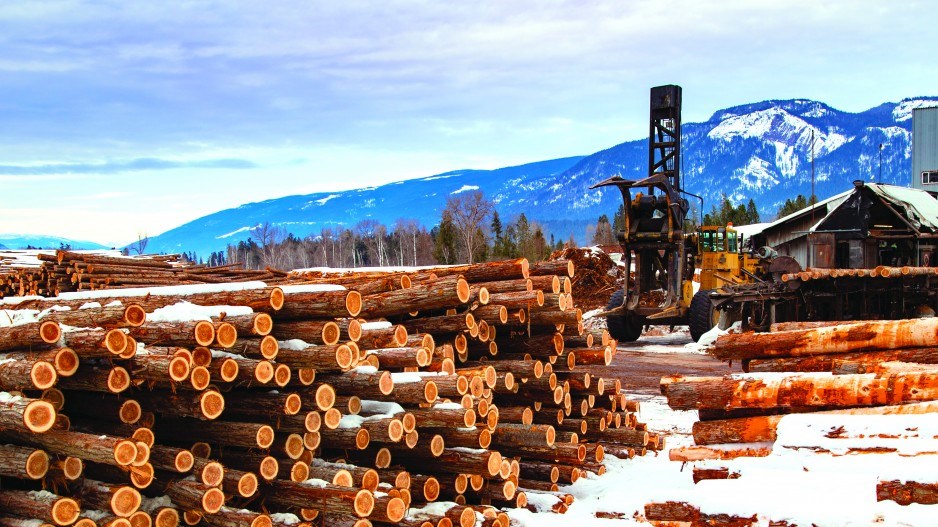A sudden increased global demand and higher prices for Canadian logs, lumber, pulp and wood pellets could result from a dramatic disruption in wood markets, due to Russia’s invasion of Ukraine.
The Western world has moved with swift and dramatic sanctions against Russia for its invasion of Ukraine.
Russia is a commodities giant. In addition to being a major oil, natural gas and potash producer, it is also a major exporter of logs, lumber, pulp and pellets.
But economic sanctions being taken by both governments and the private sector (i.e. buyers) could suddenly throttle Russian forestry product exports, forcing buyers to seek new suppliers.
“Increased sanctions against trading with Russia and difficulty with financial transactions will probably interrupt and re-direct shipments of forest products throughout the world,” WRI Market Insights notes in brief.
“As a result, trade with Russia will likely decline, impacting long-established international trade flows of forest products.
“Governments in North America and Europe are also seriously considering locking Russia out of the international SWIFT money transaction system. If this occurs, Russian companies will find it challenging to trade with the world.”
Private companies are also cutting ties with Russian producers. Bloomberg News reports that Orsted AS, a Danish power utility, has stopped buying Russian coal and biomass.
Biomass includes wood pellets burned as an alternative to coal in thermal power generation. B.C. has increasingly become a major producer of wood pellets.
Russia exported $12 billion worth of lumber, logs, pulp, paper and wood pellets in 2021, WRI Insights notes.
“To meet increased global demand for forest products, the Russian government recently initiated programs to encourage investments in the sector to both expand/modernize existing manufacturing plants and build greenfield facilities,” WRI notes.
“However, it is likely that many investments projects in the forest products manufacturing sector in Russia will grind to a halt as the growing list of sanctions and financial transaction restrictions take effect.”




